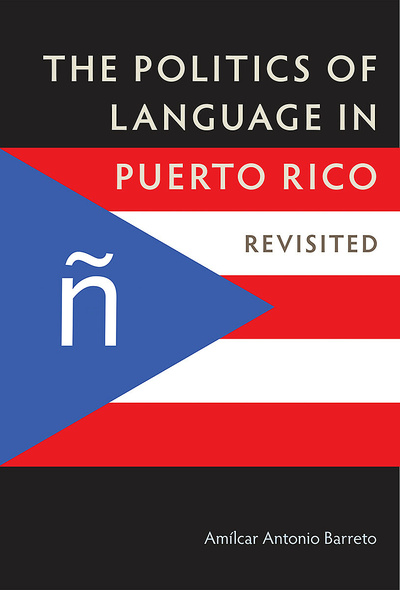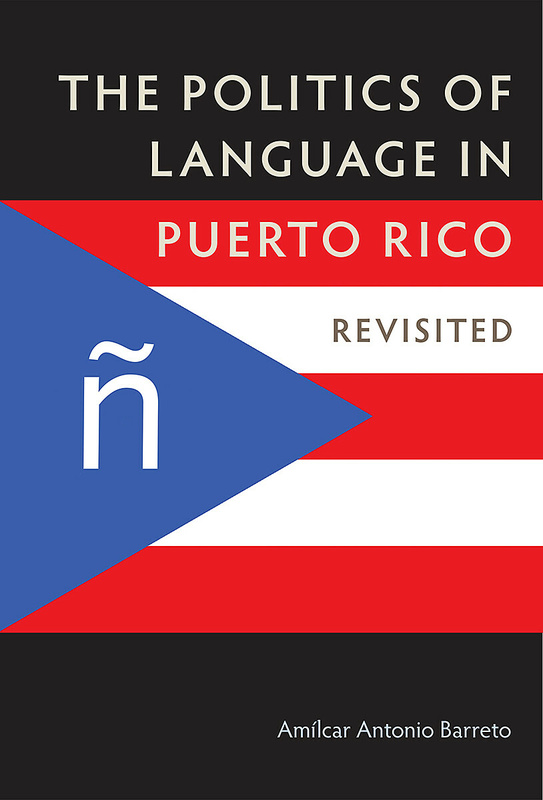
The Politics of Language in Puerto Rico
Revisited
In 1991, the Puerto Rican government abolished bilingualism, claiming that “Spanish only” was necessary to protect the culture from North American influences. A few years later bilingualism was restored and English was promoted in public schools. This revised edition of The Politics of Language in Puerto Rico is updated with an emphasis on the dual arenas where the language controversy played out—Puerto Rico and the United States Congress—and includes new data on the connections between language and conflicting notions of American identity. This book shows that officials in both San Juan and Washington, along with English-first groups, used these language laws as weapons in the battle over U.S.-Puerto Rican relations and the volatile debate over statehood.
A significant contribution to the continuing contentious debate on the status of Puerto Rico. . . . In addition to archival resources, the author includes interviews with prominent Puerto Rican political leaders in and out of government to provide a historical and contemporary basis for understanding the language issue on the island.’—Choice ‘A welcome addition to the literature on American politics . . . because it broadens the debate concerning what Puerto Rico is actually all about.’—American Political Science Review ‘A systematic analysis of the factors that explain the Partido Popular Democrático (PPD) government’s decision of making Spanish the only official language of the island in 1991. . . . Shows how the autonomist governor Rafael Hernández Colón wanted to send a political message to Congress and to federal policymakers about the cultural and linguistic unfeasibility of statehood for Puerto Rico.’—Centro Journal
Amílcar Antonio Barreto is professor of cultures, societies, and global studies at Northeastern University. He is the author of several books, including Nationalism and Its Logical Foundations, and is coeditor of American Identity in the Age of Obama.
Contents List of Figures List of Tables Acknowledgments 1. Culture, Identity, and Policy 2. Spanish and Puertorriqueñidad 3. The Power of English 4. The Politics of Status 5. Reviving the Language Debate 6. The Official Language Act of 1991 7. Rational Politics 8. Culture, Policy, and Nested Games 9. Congress and Conflicting Notions of American Identity 10. Restoring Official Bilingualism 11. Creating a Bilingual Citizenry 12. Washington’s Passive Torpedoing of Statehood 13. Looking Forward Appendices Notes References Index




